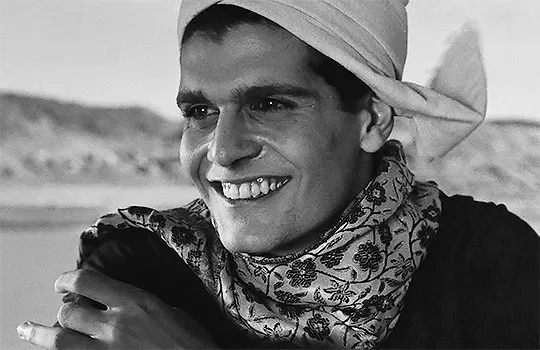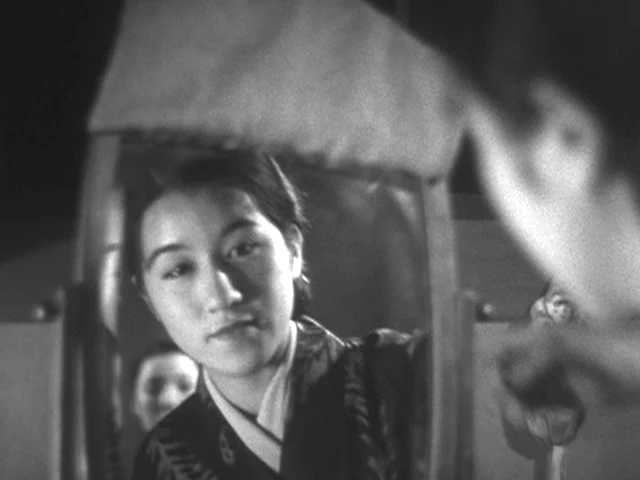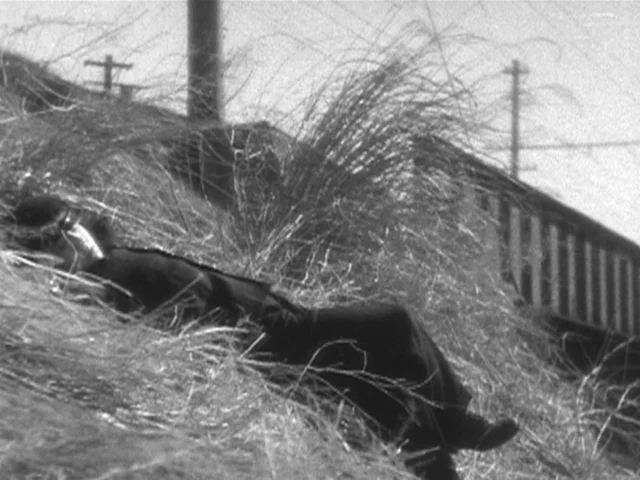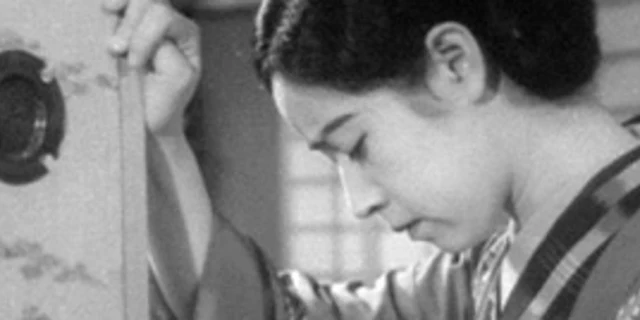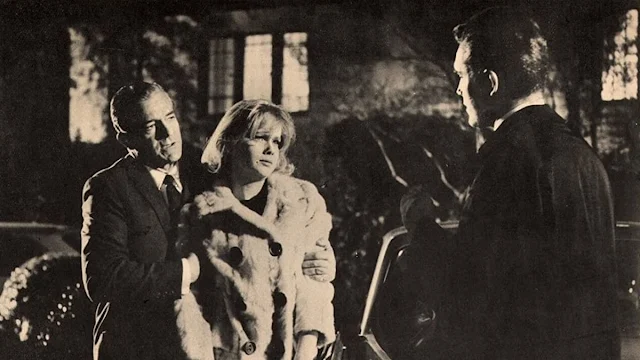 |
| Ahmad Mazhar in Saladin the Victorious |
Cast: Ahmad Mazhar, Salah Zulfikar, Nadia Lutfi, Hamdy Gheith, Layla Fawzi, Ibrahim Ehmarah, Zaki Tolemat, Mahmoud Al Meleji, Umar El-Hariri, Ahmed Louxor. Screenplay: Youssef Chahine, Abderrahman Charkawi, Naguib Mahfouz, Youssef El Sebai, Mohamed Abdel Gawad. Cinematography: Wadid Sirry. Film editor: Rashida Abdel Salam. Music: Angelo Francesco Lavagnino.
Youssef Chahine's Saladin the Victorious is not quite like any other historical epic about the Crusades that you've seen, and not just because it looks at its subject from the "other side" of the usual Hollywood versions. Oh, it has the usual cast-of-thousands battle scenes, the romantic subplot, the hissable villains, the stirring soundtrack, the opulent sets and costumes. And it has the historical inaccuracies and anachronisms we've come to associate with the genre. There's no evidence, for example, that the Arabs used Greek fire against siege towers in defending Jerusalem. Handheld telescopes were not commonly used to spy on the enemy until 500 years later. And in a scene set at Christmas, the muezzin's call to prayer segues into Christians singing "Adeste Fideles" ("O Come All Ye Faithful"), the tune of which has been traced to the 18th century but no earlier. Chahine also departs at one point from the conventional documentary style of storytelling and shows simultaneous meetings of the opposing camps not with a split screen but by putting them side-by-side on an obvious soundstage set, using the lights to switch back and forth between the two groups. It's a neat trick, but a theatrical, not a cinematic one. Chahine obviously wants his movie to do more than to tell a rousing story, and he's helped by an attractive performance by Ahmad Mazhar in the title role. It's a film designed partly to promote Arab unity in the mid-1960s, when Egypt and the Middle Eastern countries were flexing their muscles and taking on the colonialist powers. Chahine ignores the fact that the historical Saladin was a Kurd, not an Arab, but even that serves his more humanistic aim, to persuade people to set aside religious and ethnic differences in favor of peace and human unity. Saladin's chief opponent, Richard I of England (played by Hamdy Gheith in an unfortunate red wig) loses his bigotry and hot-headedness in the face of Saladin's peace-making. Yes, it's a message movie, but a watchable one.













